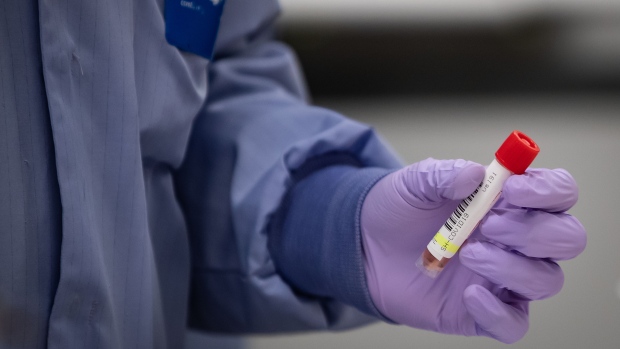British Columbia’s provincial health officer Dr. Bonnie Henry said on Thursday that the province has its first confirmed case of a multisystem inflammatory syndrome in children (MIS-C).
It’s a syndrome that’s sometimes associated with COVID-19 and is most commonly found in children under the age of 19 who require hospitalization.
“This is also a very severe illness. We know that children are much less likely to be affected with COVID and to have very mild symptoms, but we can’t always tell who is going to have these severe outcomes,” said Henry.
“So it is important that all of us bear that in mind. We are still learning about this virus, we do not yet know if there are going to be long term effects, even for people who have mild illness. So it is a cautionary tale that all of us need to pay attention to.”
There have been 16 children who have been under investigation in B.C. for MIS-C. Health officials were able to confirm their first case in a child under the age of five, since they tested positive for COVID-19. The child has since recovered, said Henry.
It’s a syndrome that comes up usually several weeks to two months after a COVID-19 infection. MIS-C first caught the world’s attention in April after children in Italy and New York City tested positive for COVID-19 or antibodies, said Henry. and has since led to a worldwide effort to understand the new syndrome.
So far, it’s understood that MIS-C can lead to a prolonged fever, while patients also have two of the following symptoms: abdominal pain, vomiting or diarrhea, and a rash on both sides of the body. The syndrome is associated with inflammation of small blood vessels under the skin, which can lead to red eyes, inflammation around the eyes, and often inflammation and swelling around the mouth, hands and feet.
Since COVID-19 and other viruses can attack blood vessels, it can lead to inflammation around the heart, while blood clotting can also be a problem.
































